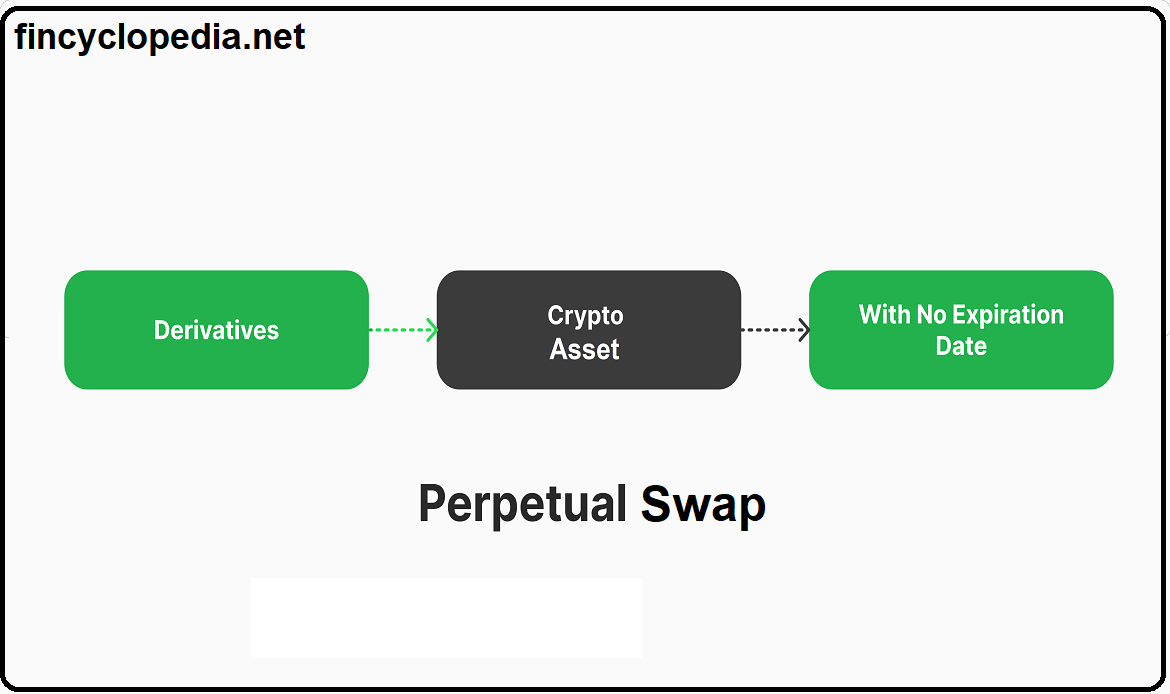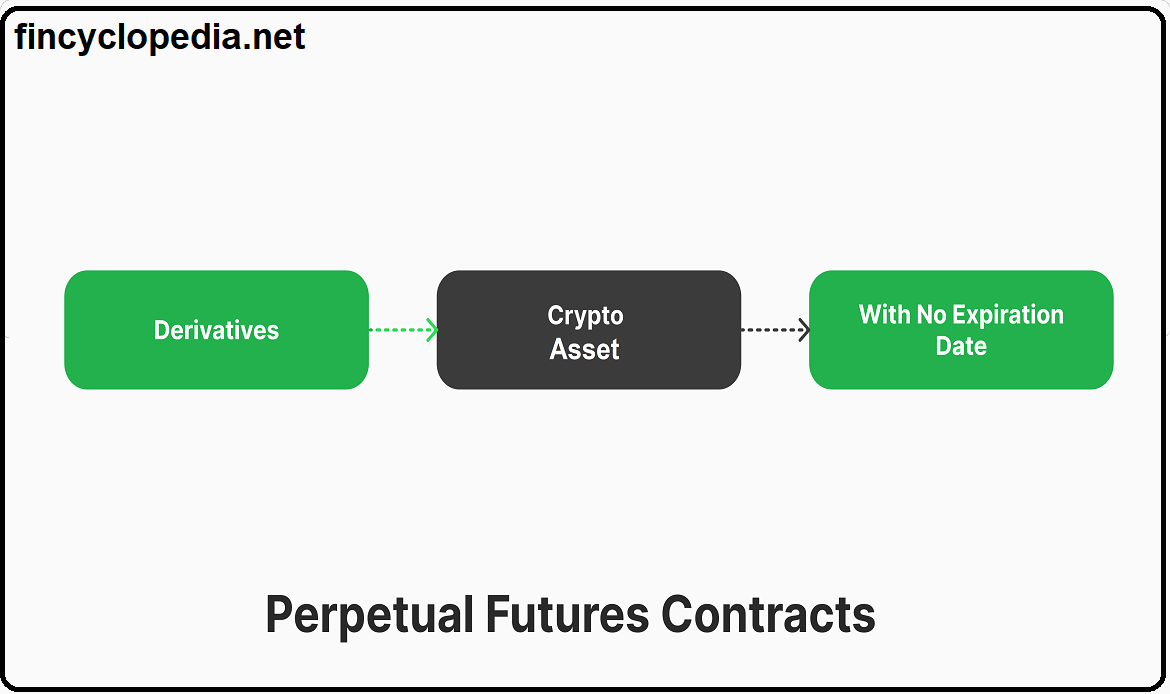A type of commodity derivative that constitutes a swap agreement entailing the exchange of an off-market high fixed rate for the market floating rate. The fixed-rate receiver (which is also the floating rate payer) grants the counterparty (the fixed-rate payer/ floating rate receiver) an option to increase the amount (swap notional amount) of the swap as twice in case the price of the underlying exceeds the swap rate. The granted option is designed to compensate the fixed-rate payer for the off-market rate. The swap can be set-up either to serve the requirements of a floating receiver (fixed-rate payer) or a fixed rate receiver (floating-rate payer).
For example, a firm seeks to hedge a requirement of 50,000 barrels of crude oil per day. For that purpose, it may enter into a swap whereby the counterparty stands ready to pay a specific amount above the prevailing swap rate for its oil on 25,000 barrels. If oil prices moved up substantially, the fixed-rate payer (i.e., the floating-rate receiver) would exercise the option so that it receives a floating rate higher than the fixed rate it was paying, and on twice the original notional principal of the swap.




